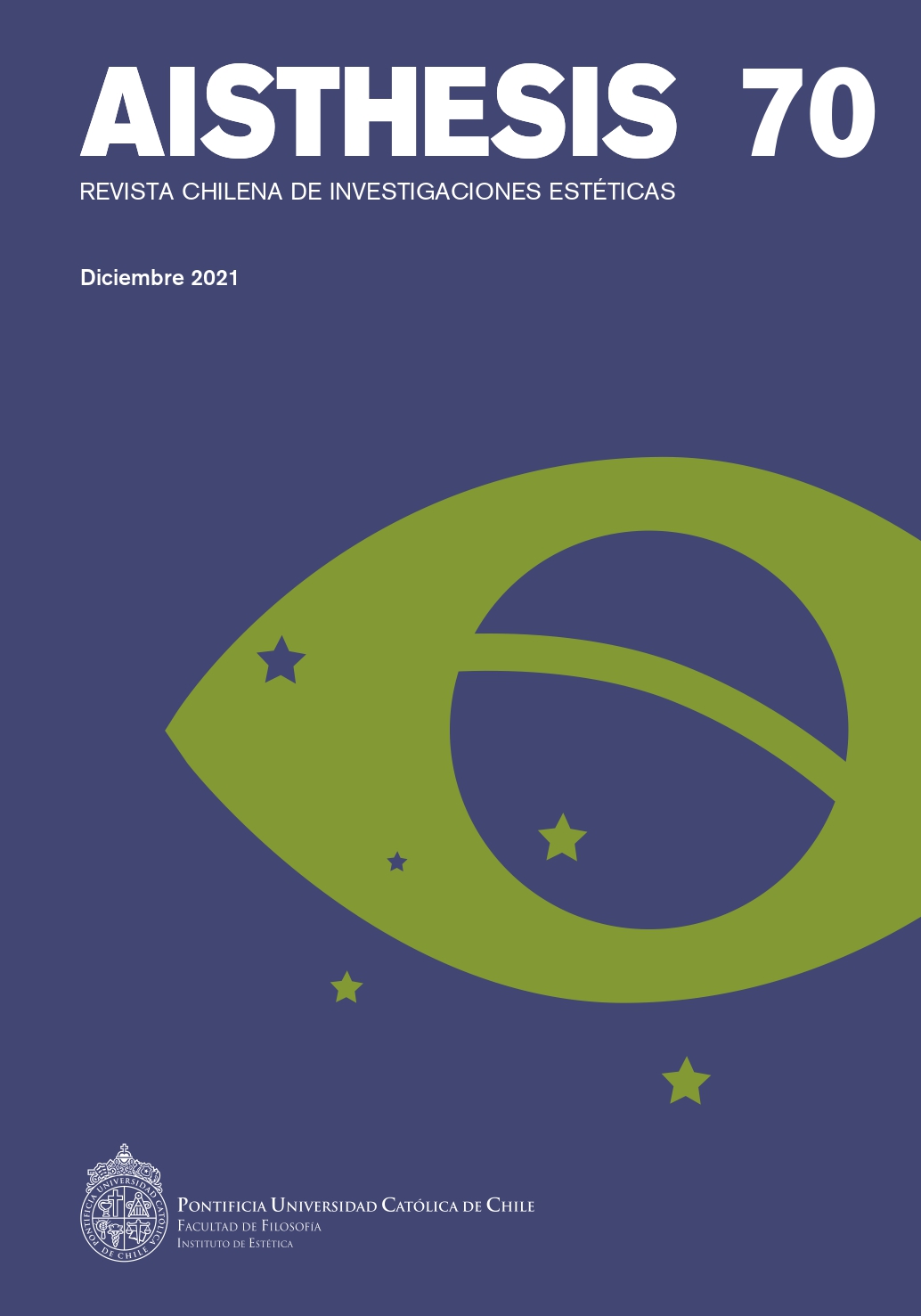Brazil in the streets and away from the world: how the prolonged political-economic crisis led to the collapse of Brazilian foreign policy
Main Article Content
Abstract
After a decade of increasing international projection and engagement, which led Brazil to be considered an emerging power, since 2013 the country goes through a prolonged period of international retraction. In this chapter, we argue that Brazil’s foreign policy has no longer been guided by the country’s long-term objectives and interests, in view of the global possibilities, but by the immediate domestic circumstances. We identify three major stages in this process, coinciding with the strategies of the specific administrations: (1) retraction, in which president Dilma Rousseff sought to lower the Brazilian status of emerging power (and, therefore, bearer of certain ambitious international commitments) to that of middle power, of more limited ambitions and generally limited to issues of low politics (such as trade, environment and human rights); (2) normalization, in which president Michel Temer sought to guarantee the legitimacy and survival of his fragile transitional government by strengthening the trade agenda, with a view to the country’s economic recovery; (3) redefinition, in which president Jair Bolsonaro, a vocal anti-system far-right politician, sought to reposition Brazil as a Christian and conservative nation by substantiating the country’s international objectives to the new correlation of forces that came to power in 2018. We seek to contribute to Brazilian foreign policy studies by retelling recent history from the angle of domestic constraints to Brazil’s global engagement.
Downloads
Article Details

This work is licensed under a Creative Commons Attribution-NonCommercial-ShareAlike 4.0 International License.
All contents of this electronic edition are distributed under the Creative Commons license of "Attribución-shareAlike 4.0 Internacional" (CC-BY-SA). Any total or partial reproduction of the material must mention its origin.
The rights of academic works published in this publication belong to their authors., who grant to AISTHESIS: Revista Chilena de Investigaciones Estéticas the license for its use. The management of the permits and the authorization of the publication of the images (or of any material) that contains copyright and its consequent rights of reproduction in this publication is the sole responsibility of the authors of the articles
